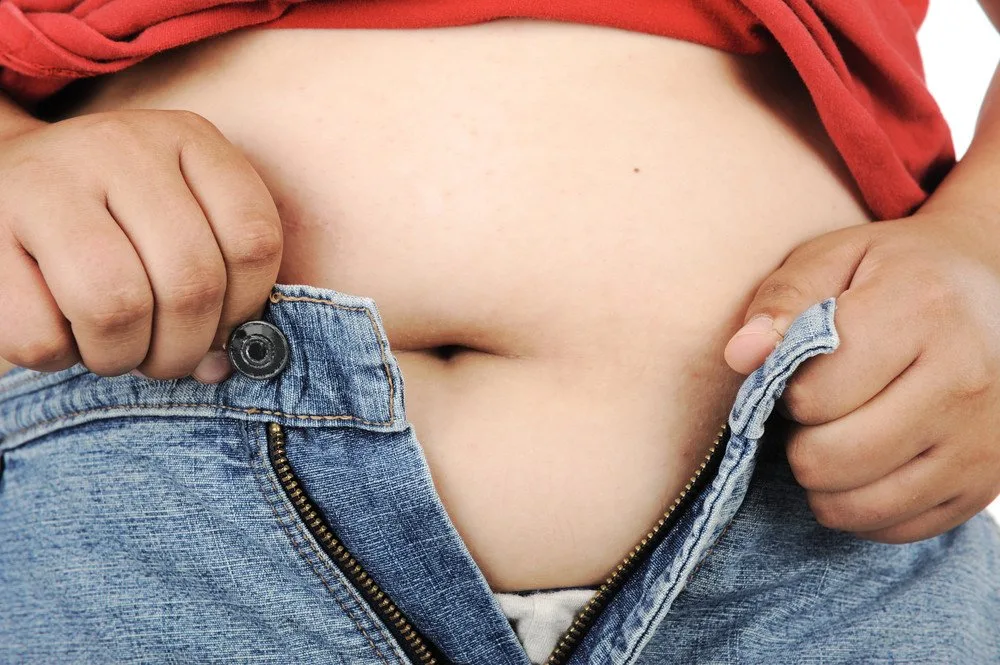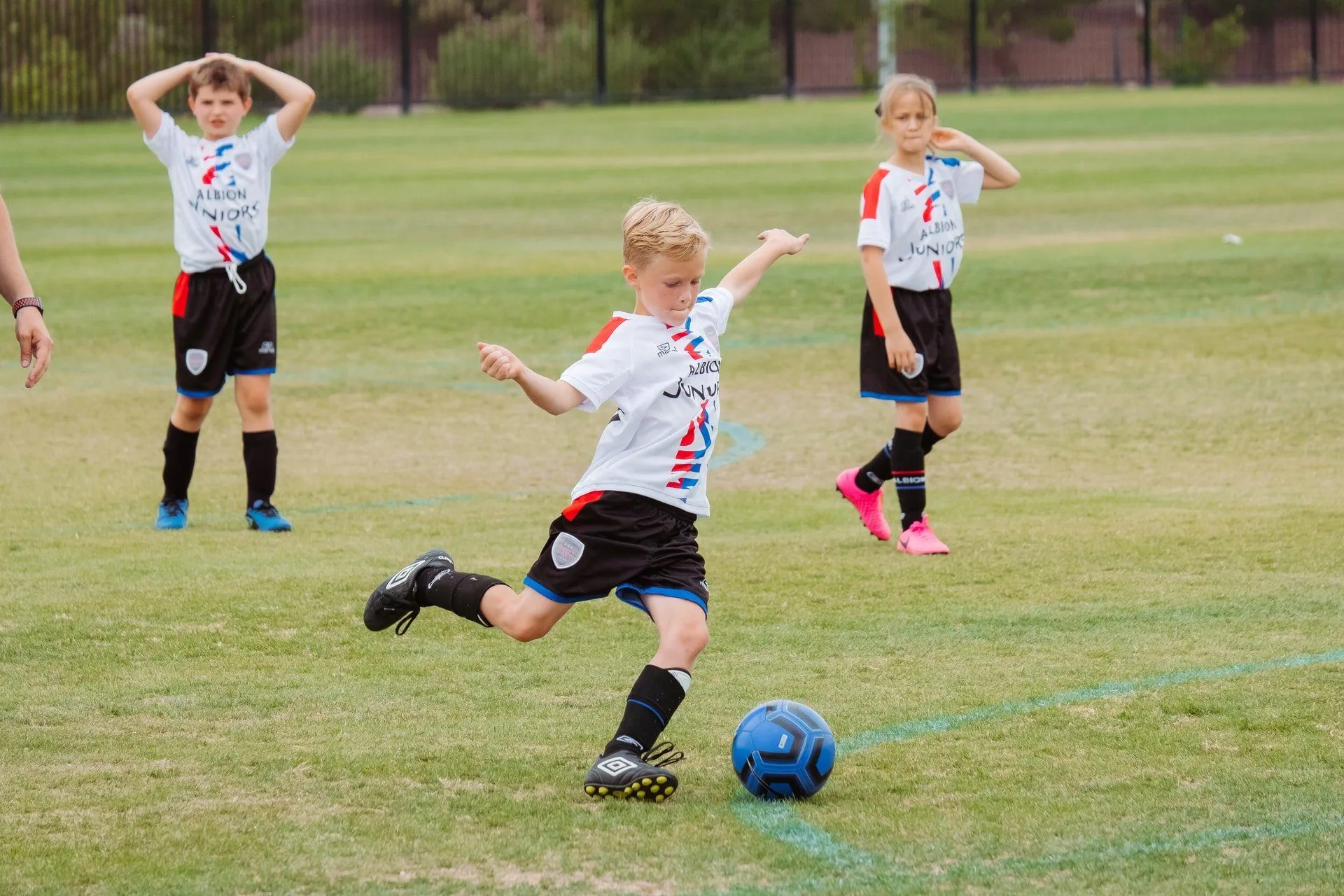Children with cerebral palsy have difficulty eating food and tend to have poor nutrition and weight problems as a result. But why is this?
Children with Cerebral Palsy may have trouble gaining or losing weight, for various reasons. These difficulties are caused by problems with the child’s muscle tone, movement, and motor skills, making mealtimes challenging. They’re often unable to chew or swallow successfully and have digestive issues, which can lead to malnutrition and weight problems.
This means that parents must invest extra time, care, and effort into making sure their child is well-nourished. The expense of this extra care is usually covered by state benefits, or if it is cerebral palsy caused by medical negligence, compensation claims may be able to cover it. Weight problems can be negative for children regardless of their physical condition, but when a child has cerebral palsy, it can be a serious issue.
In this post, we’re going to share those issues with you, so you know why you need to make sure your child is well nourished.
It might impact their psychological and physiological functioning, societal participation, motor function, and ultimately, their survival.
Here are the main issues weight problems and malnutrition can cause in a child with cerebral palsy:
General Health
The first issue that arises from poor nutrition and weight problems is growth, development, muscle strength, immune function, and healing.
What this means in practical terms is that a child with cerebral palsy wouldn’t grow to their full size. Because of this, their bodies might not be as sturdy as they could have been if they had grown properly. This same child could also have a weakness in their respiratory musculature, due to their reduced muscle strength. This could give them a predisposition to catching pneumonia and other respiratory tract infections.
On top of that, a malnourished child with cerebral palsy has a reduced immune function, making it harder for them to fight a respiratory tract infection. Their impaired healing would make surgery much more dangerous for them compared to other children. In scenarios like these, which are not at all unlikely, malnourishment and weight problems become much larger health issues.
Participation and Social Inclusion
When children are undernourished and underweight, they show lower levels of exploratory activity and attachment behavior that are crucial for social development.
Brain Growth and Neurodevelopmental Outcomes
Infants with cerebral palsy can have their brain growth diminished by poor nutrition and weight problems. This reduction in brain growth can lead to adverse neurodevelopmental outcomes which heavily impact the lives of the sufferers.
Conversely, improving an infant’s nutritional levels has the opposite effect. It stimulates brain growth whilst having a positive effect on their neurodevelopmental outcomes. There’s also evidence to show that introducing better nutrition and improving weight problems in children with cerebral palsy can boost their motor skill development and increase their exploratory behavior.
Survival
The final issue that malnutrition and weight problems have on children with cerebral palsy is the overall mortality rate.
At all levels of motor function, children with cerebral palsy who have poor nutrition are less likely to survive than those who are well-nourished and at a healthy weight. There has even been an uptick in the survivorship of children and adults with CP over the past few decades.
This uptick has been linked to the increased use of gastronomy tube feeding over that same period. It’s also been down to an improvement in understanding the nutrient requirements of children in general, and specifically those with cerebral palsy.
How Do You Improve The Nutrition Of A Child With Cerebral Palsy?
Before we end this post, we’re going to quickly share some advice on how to make sure a child with cerebral palsy is well-nourished, so you can avoid all the horrible issues we’ve laid out in the above section.
The first step is to address and treat the underlying cause of malnutrition e.g. therapy to help your child swallow better and use eating utensils more effectively.
Once you’ve treated the underlying cause, it’s important to work with a dietician to create a meal plan that will provide your child with the best nutrition possible. This plan should be unique to your child’s particular needs and difficulties. On top of that, you might need to supplement the food with vitamin D, calcium, and other oral supplements that help your child’s brain function, bone density, and muscle strength.
These simple steps should be enough to provide your child with adequate nutrition and alleviate their weight problems. In some cases, this might not be enough, and your child might have to use a feeding tube, but it’s all in the name of giving them a better life.
Are These the Only Issues That Weight Problems Can Cause In Children With Cerebral Palsy?
In this post, we’ve discussed the main issues that weight problems and malnutrition can have on children with cerebral palsy, from general health to their long-term survival.
There are many more issues that malnutrition can cause to children in general. But this article has focused specifically on the ones that are most detrimental to children with cerebral palsy. Either way, any one of these issues is reason enough to investigate your child’s diet, treat the underlying cause of their malnutrition, and provide them with the best possible opportunity to live a comfortable life.
Please be advised that this article is for general informational purposes only, and should not be used as a substitute for advice from a trained medical professional. Be sure to consult a medical professional or healthcare provider if you’re seeking medical advice, diagnoses, or treatment. We are not liable for risks or issues associated with using or acting upon the information on this site.








![women [longevity live]](https://longevitylive.com/wp-content/uploads/2020/01/photo-of-women-walking-down-the-street-1116984-100x100.jpg)










